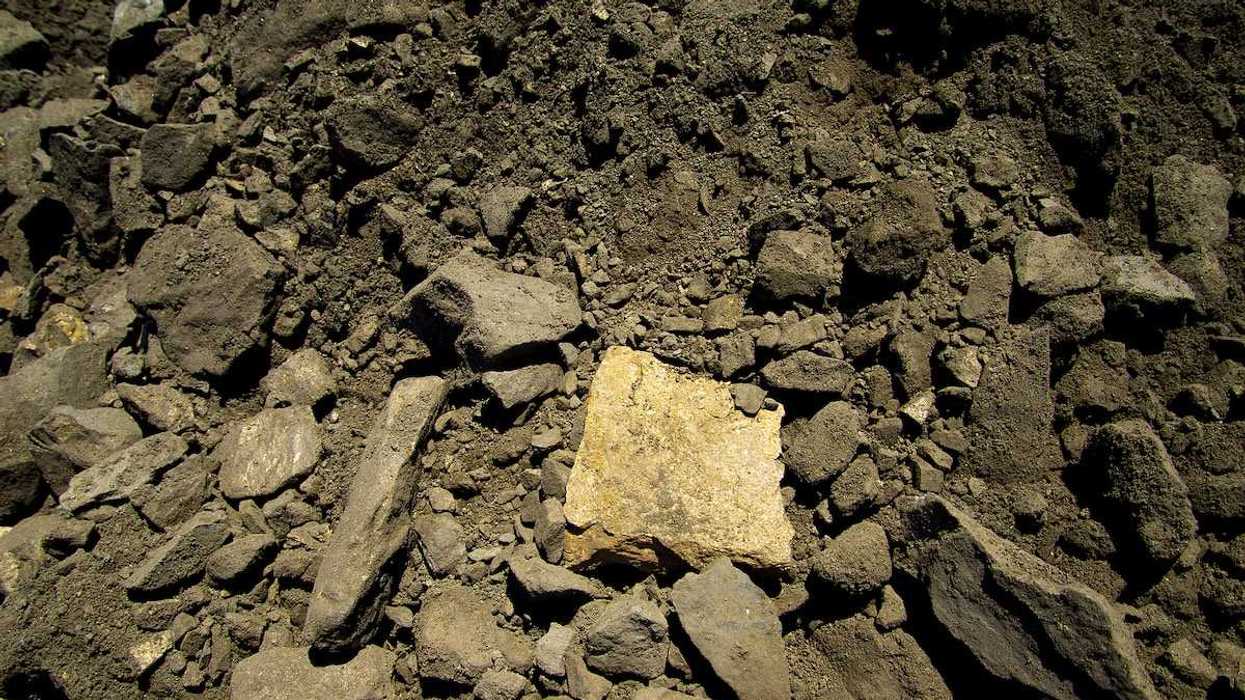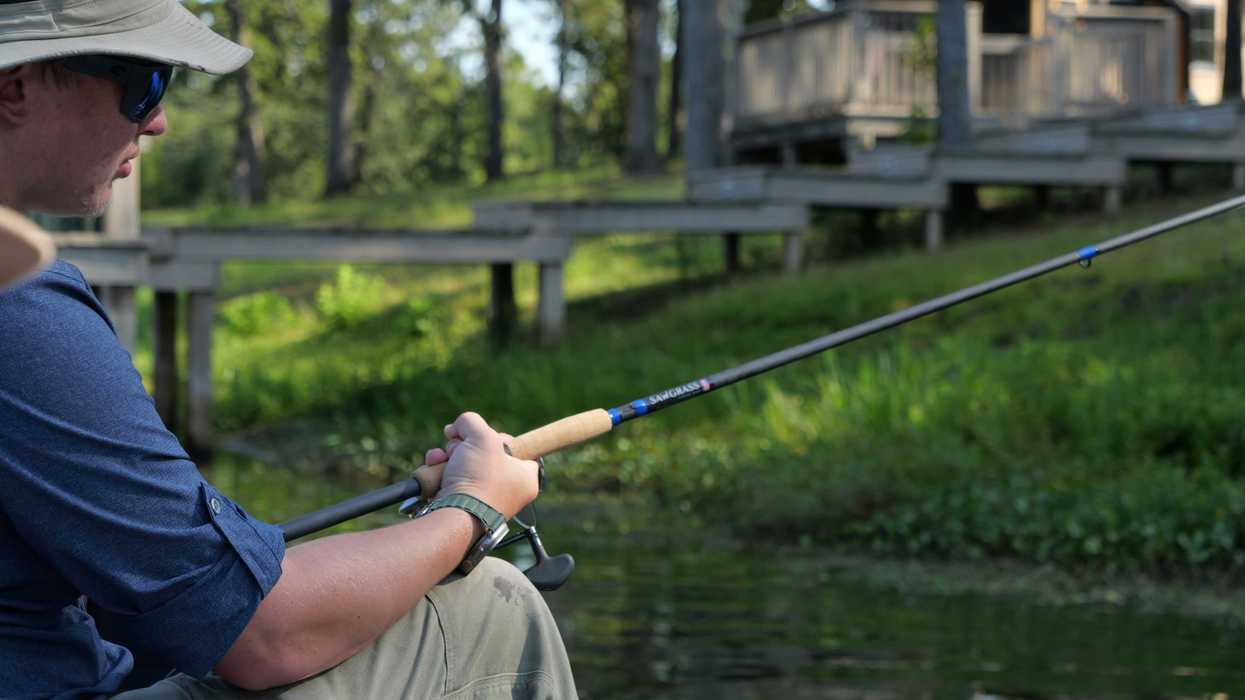Our Stone Age brains still push us to make choices that worsen environmental problems, from overconsumption to resistance to change, hindering efforts to solve global crises.
Louise Fabiani writes for Undark.
In short:
- Evolutionary psychology shows our modern behavior is deeply influenced by ancient survival instincts, making it hard to embrace needed lifestyle changes.
- These biases, like holding onto affluence and overvaluing technology, create barriers to reducing environmental impact and adopting sustainable practices.
- Addressing these cognitive obstacles is key to solving complex global challenges like climate change and biodiversity loss.
Key quote:
“Human beings like their affluence, modest as it may be for the average person, and they absolutely love technology.”
— Louise Fabiani, Undark
Why this matters:
We tend to cling to ideas that tech will save us or that individual wealth is a personal right, not a drain on resources. Understanding our cognitive biases can help shift strategies, making sustainable changes more palatable and effective in the fight against climate change. Read more: What will it really take to avoid collapse?














